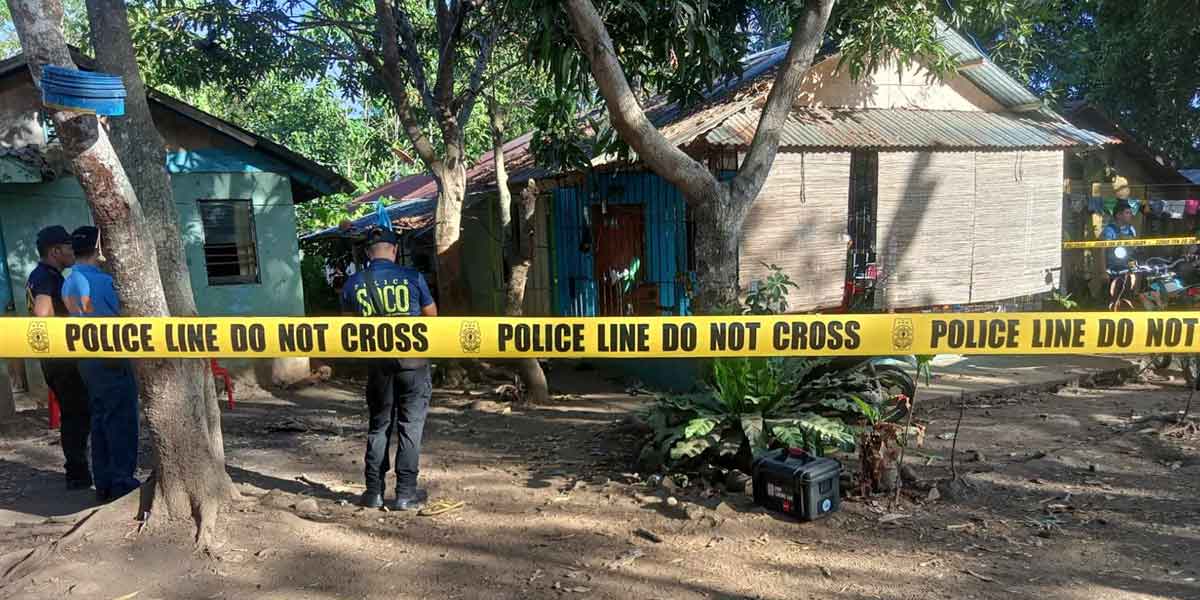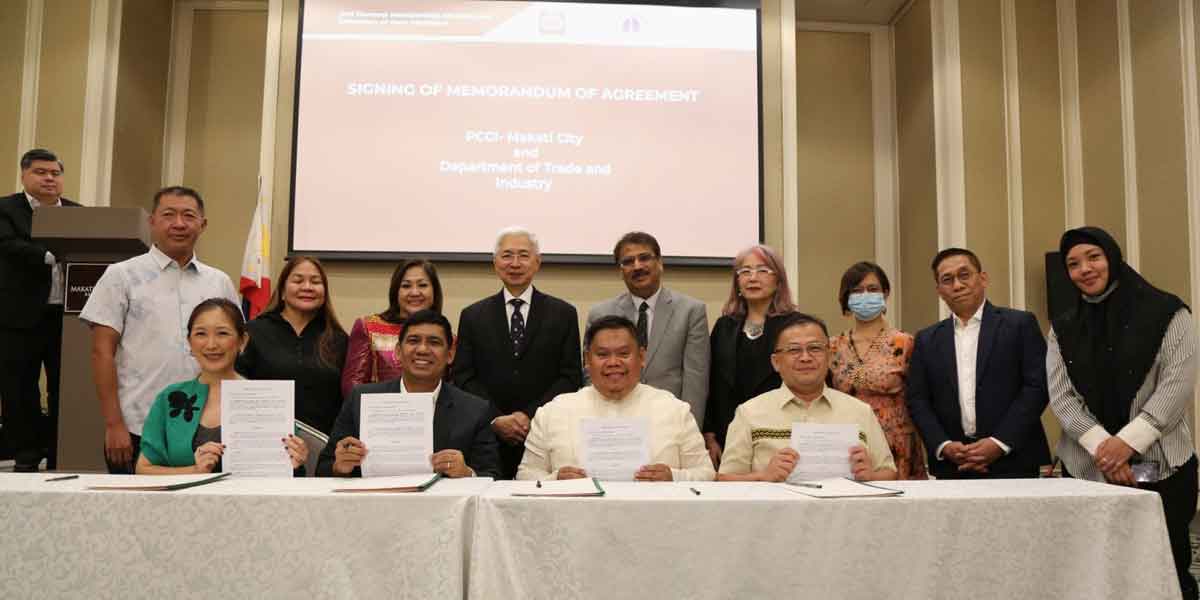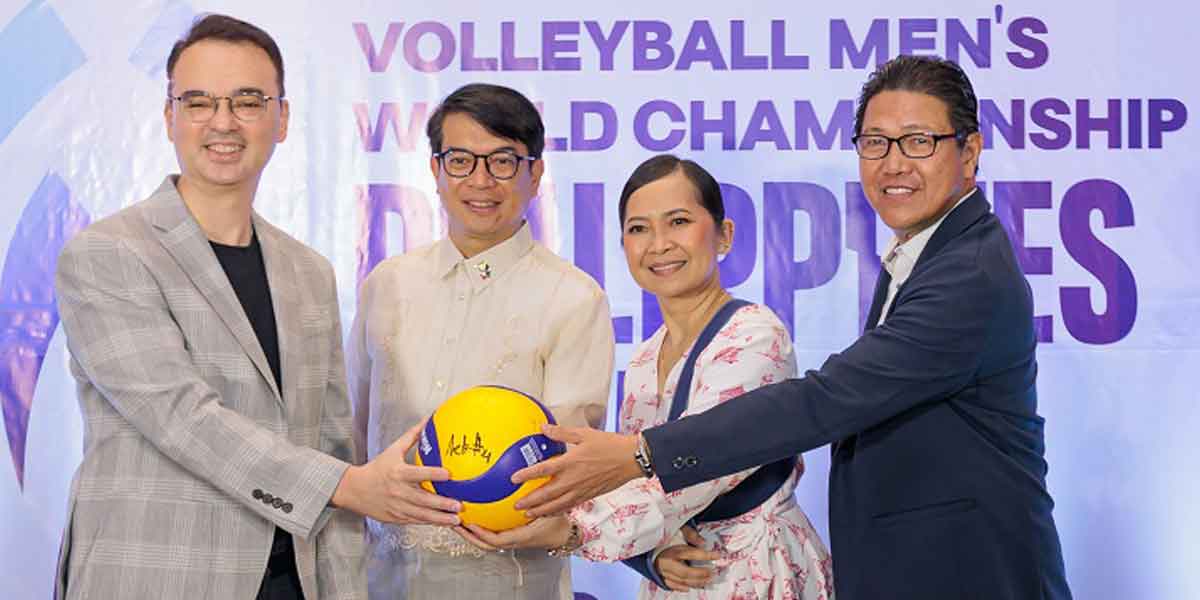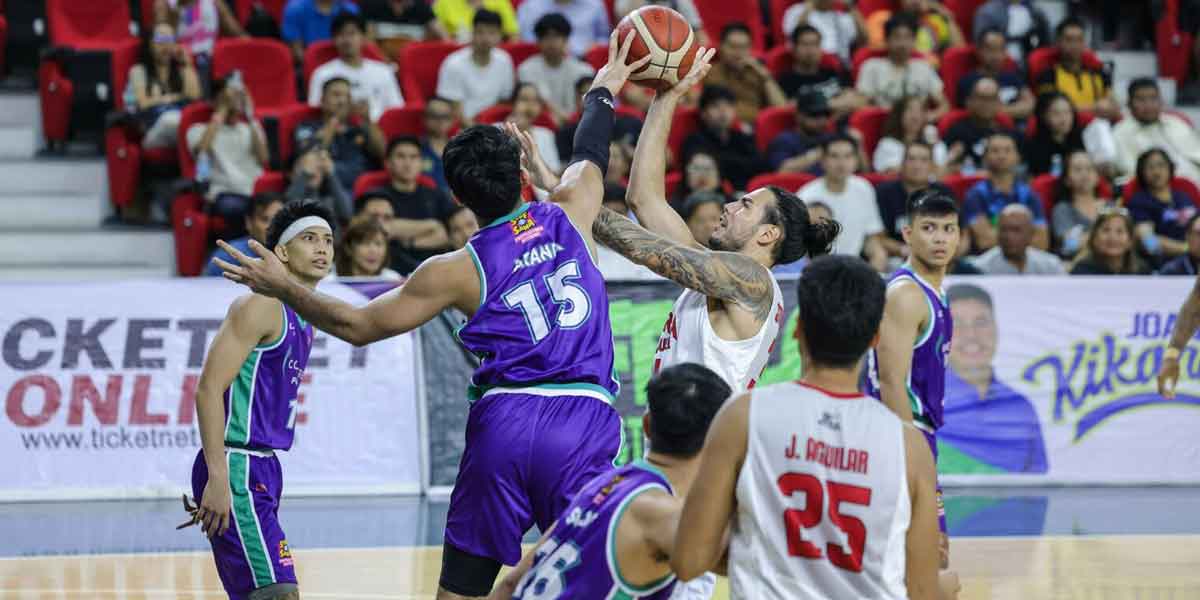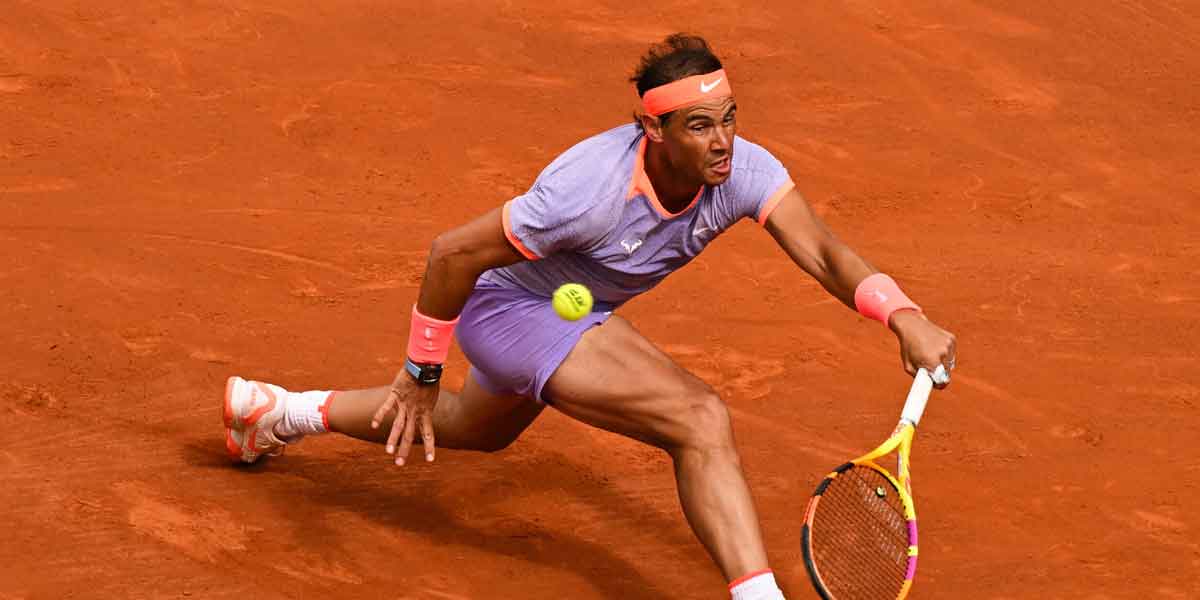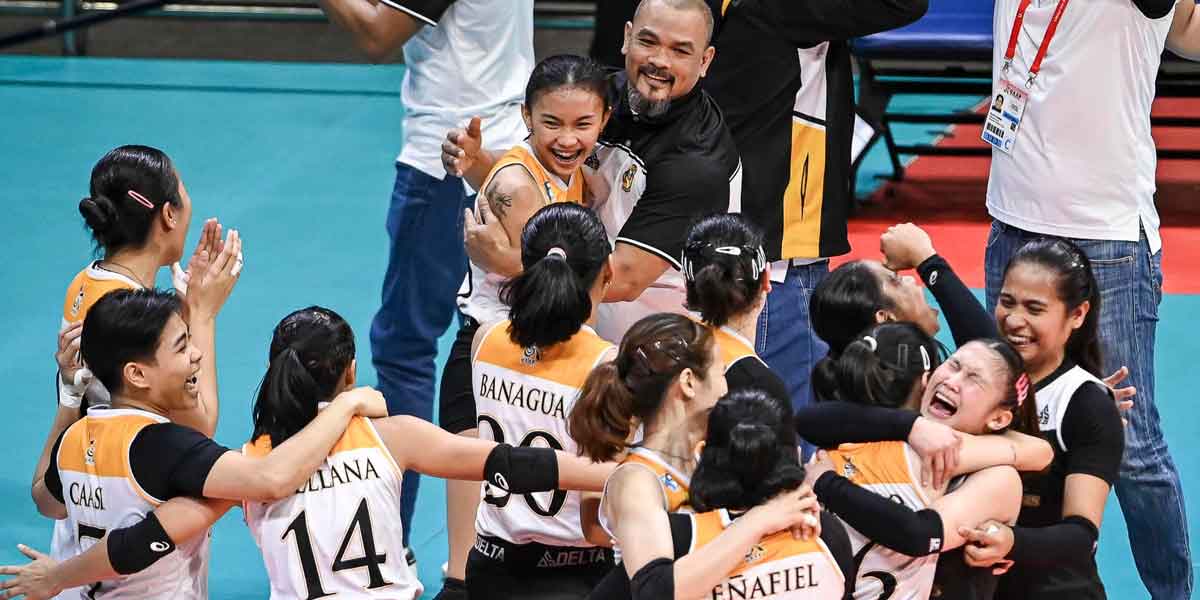 By Manuel P. Mejorada
By Manuel P. Mejorada
When President Rodrigo Duterte started appointing retired military and police generals to key positions in the government, much criticism came his way for supposedly “militarizing” the civilian government. A number of people, especially those in the left, are allergic to seeing civilian officials who previously worn a uniform with stars on their shoulders. They equate it with pushing the country toward authoritarian rule.
But President Duterte was doing the best thing he could to build a competent Cabinet and bureaucracy. For one thing, as a former City Mayor before he ascended to the Presidency, Mr. Duterte didn’t have too many close acquaintances in the world of business and finance, which is the usual breeding ground for top government officials. The private sector is viewed as good preparatory training for the bureaucracy. Many believe government can be run more efficiently by individuals who run organizations like corporations.
What most people don’t understand is that government can never be run like businesses where profit is the bottom line. By its nature, government is cumbersome. The bureaucratic red tape that is built into the system can frustrate efforts to streamline its processes and introduce efficiency. It is a constant challenge for public sector leaders. So far, nobody has as yet succeeded.
Second, generals retire at the age of 56. That is the peak of one’s career in the police and military. These retired generals turn a new leaf in their lives with a deep arsenal of leadership and management skills. More importantly, their career had exposed them to the bureaucracy. They know the ins and outs. Government is like a labyrinth and a bureaucrat needs familiarity with the system to be able to navigate it well.
It is a mistake to think that these retired generals know nothing else but to deploy troops and weapons in a shooting war. From the time these officers became second lieutenants until their retirement, they encountered leadership challenges on a daily basis.
I subscribe to the idea that looking after the welfare of your troops from the platoon level to the company and to the battalion and division equips generals with the best possible training in leadership. When military officers make mistakes, it often means losing the lives of troops. No mistake can be costlier.
The military profession puts a heavy premium on planning and execution. There is an unending cycle of predicting scenarios for conflict situations, mapping out appropriate responses, getting things done, and then conducting “after-action” evaluations to find out what went right and what went wrong. A general does not believe in luck. He or she goes to battle more than adequately prepared.
Men and women who have reached the star-rank have also undergone the best possible education not only in warfare but effective management as well. They have climbed the organizational ladder not because of the number of battles won, but their potential for leadership and management. And the military spends a fortune for their education both here and abroad.
With the Covid 19 pandemic now gripping the nation in a period of great suffering and difficulty, Filipinos ought to be thankful that President Duterte had picked outstanding generals to head key departments and agencies.
Just two weeks ago, he appointed Carlito Galvez, Jr. to head the over-all Covid 19 government response team. He couldn’t have put a better individual in that position. As former AFP chief of staff, Secretary Galvez brings decades of knowledge and experience in running a huge organization to the job. The challenge is as complex as it is new. There is no time for a learning curve. Galvez had to dive right into the position and start getting things done.
Many critics also raised eyebrows when Mr. Duterte appointed retired Lieutenant General Rolando Bautista as Secretary of the Department of Social Welfare and Development (DSWD), a position traditionally held by a woman, and definitely not with a military background. But the DSWD leadership requires a person who understands the dynamics of huge organizations and logistics. It’s about preparing the DSWD to provide quick relief assistance when disaster strikes. As former Philippine Army chief, Bautista is the right man for the job.
Secretary Eduardo Año, head of the Department of Interior and Local Government (DILG), had absolutely no background in politics. In the past, Presidents put trusted political lieutenants to head the DILG. The results have been far from encouraging. The local chief executives didn’t treat DILG secretaries seriously. After all, all politics is local, and Presidents needed governors and mayors to support their parties during elections. DILG secretaries were usually sheep herders to pamper governors and mayors.
But Año, also a former AFP chief of staff, has demonstrated firmness and calm in dealing with the Covid 19 crisis, and making sure the LGUs adhere to the national government policies, especially on the enhanced community quarantine.
Indeed, the presence of these retired generals (I could only mention these three for lack of space) in the national government strengthens the public’s confidence in our ability to survive this crisis. These gentlemen have been doing a great job in their individual roles, with little energy expended for talking and more for action and execution.

